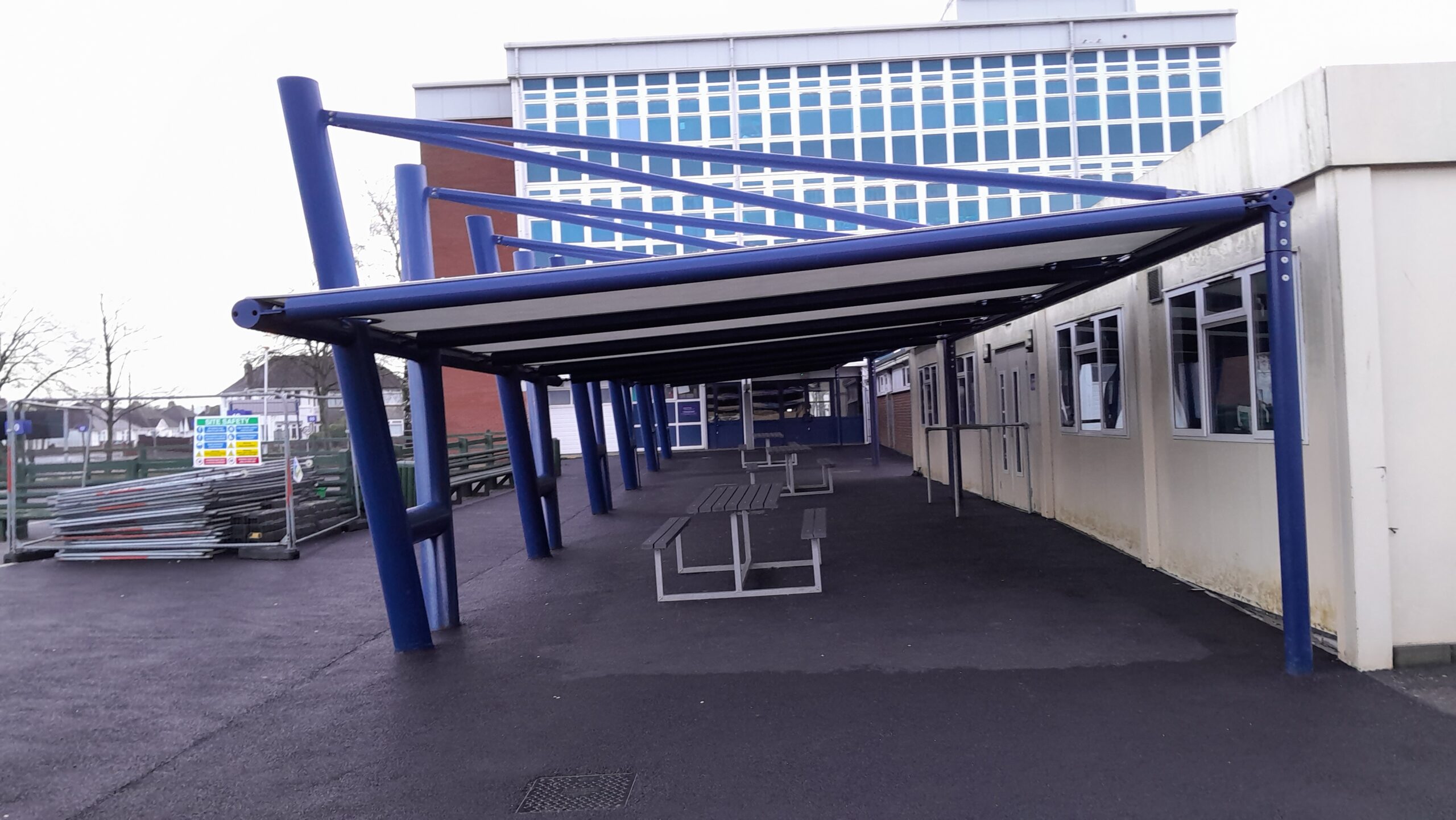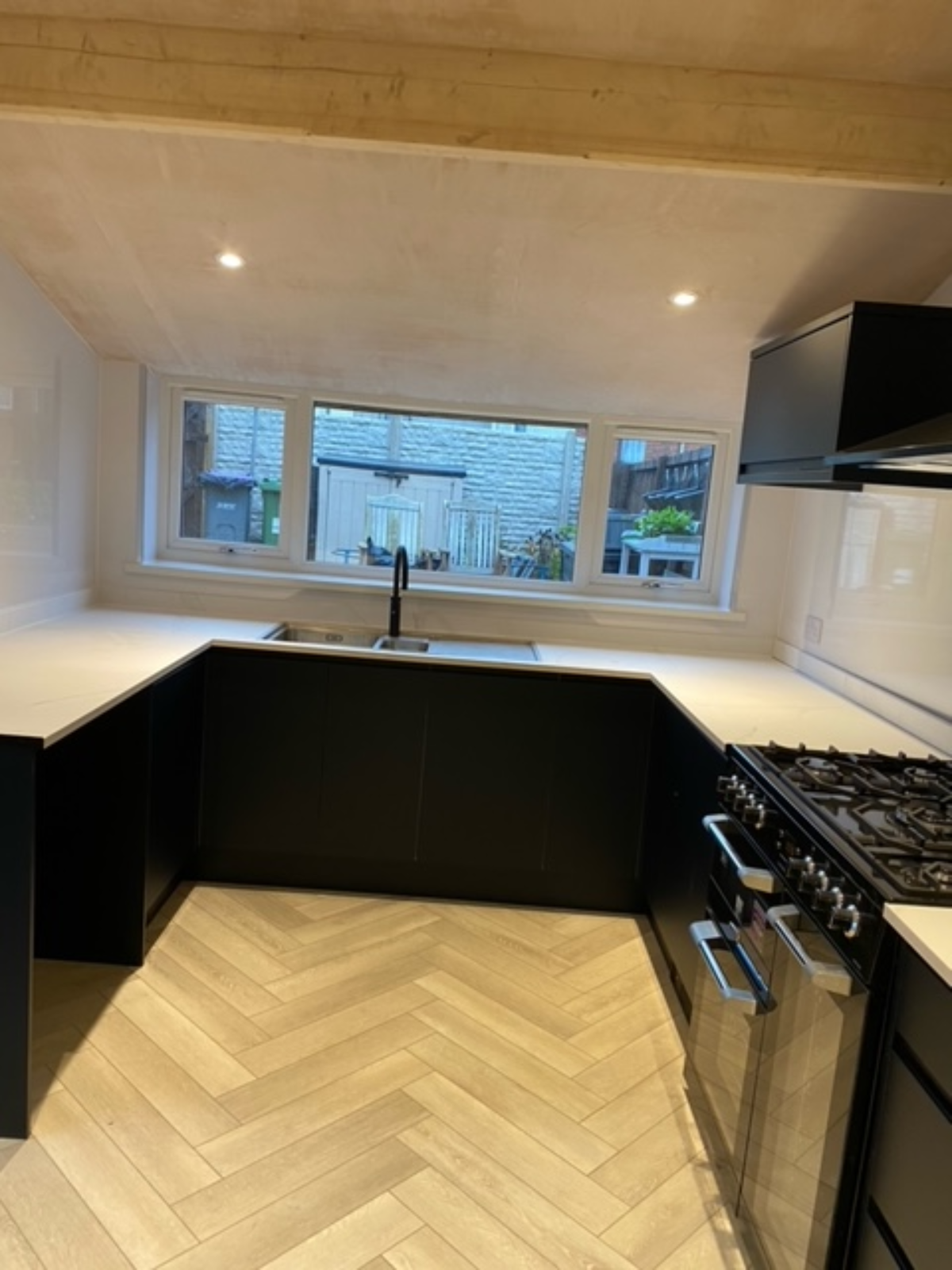The Vital Role of Structural Engineers in Home Renovations
Introduction: Home renovations are exciting endeavours for homeowners looking to enhance their living spaces, increase property value, or simply breathe new life into their homes. However, amid the visions of upgraded kitchens, expanded living rooms, or luxurious bathrooms, lies a critical aspect that often goes overlooked: the structural integrity of the house. This is where the expertise of structural engineers becomes invaluable. In this article, we delve into the importance of structural engineers in home renovations, outlining their crucial role and providing helpful checklists for homeowners embarking on renovation projects.
The Importance of Structural Engineers:
- Ensuring Safety and Stability: The primary responsibility of a structural engineer in home renovations is to ensure that any structural changes made to the house do not compromise its stability and safety. They assess the existing structural framework and design reinforcements or alterations as necessary to support the proposed renovations. This includes considerations for load-bearing walls, foundations, roof structures, and more.
- Compliance with Building Codes and Regulations: Structural engineers possess an in-depth understanding of local building codes and regulations. They ensure that all renovations meet these standards, obtaining necessary permits and approvals to avoid legal complications down the line. Compliance with codes is crucial for ensuring the safety and longevity of the renovated structure.
- Optimising Design Efficiency: Beyond safety, structural engineers contribute to the efficiency of renovation designs. They offer insights into innovative structural solutions that maximise space utilisation, improve energy efficiency, and enhance overall functionality. Their expertise helps homeowners achieve their renovation goals while optimising structural performance.
- Cost-Effective Solutions: Engaging a structural engineer early in the renovation process can lead to cost savings in the long run. By identifying potential structural issues and proposing effective solutions upfront, they help prevent costly repairs or modifications later on. Their input can streamline the renovation process and minimise unforeseen expenses.
- Peace of Mind for Homeowners: For homeowners, peace of mind is invaluable during the renovation process. Knowing that a qualified structural engineer is overseeing the project instils confidence that the structural integrity of their home is being prioritised. This allows them to focus on other aspects of the renovation without worrying about structural concerns.
Checklist for Homeowners: Before embarking on a home renovation project, homeowners should consider the following checklist to ensure they have addressed structural concerns adequately:
- Assess Structural Requirements: Determine the scope of the renovation and assess whether structural changes will be necessary. Consult with a structural engineer to evaluate the existing structure and identify any potential issues.
- Engage a Qualified Structural Engineer: Hire a licensed and experienced structural engineer with expertise in residential renovations. Verify their credentials and ensure they are familiar with local building codes and regulations.
- Obtain Necessary Permits: Work with the structural engineer to obtain all required permits and approvals for the renovation project. Failure to comply with regulations can result in fines or legal repercussions.
- Communicate Renovation Goals: Clearly communicate your renovation goals and preferences to the structural engineer. Collaborate closely throughout the design process to develop structural solutions that align with your vision.
- Budget for Structural Costs: Allocate a portion of your renovation budget for structural expenses, including engineering fees, materials, and construction costs. Factor in potential contingencies to account for unexpected challenges.
- Prioritise Safety and Quality: Prioritise safety and quality throughout the renovation process. Follow the recommendations of the structural engineer and invest in high-quality materials and construction practices to ensure long-term durability.
- Schedule Inspections and Reviews: Arrange for regular inspections and reviews by the structural engineer during key stages of the renovation. This allows for early identification of any issues and ensures compliance with structural requirements.
Conclusion: In the realm of home renovations, the role of a structural engineer is indispensable. From safeguarding the structural integrity of the house to optimising design efficiency and ensuring compliance with regulations, their expertise contributes significantly to the success of renovation projects. By following the provided checklist and collaborating closely with a qualified structural engineer, homeowners can embark on their renovation journey with confidence, knowing that their home is in capable hands.











